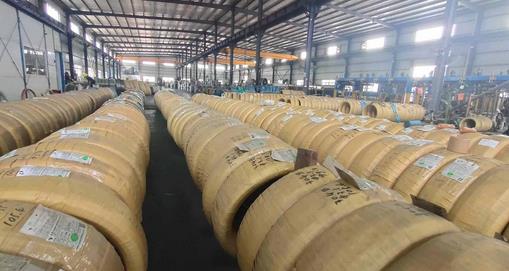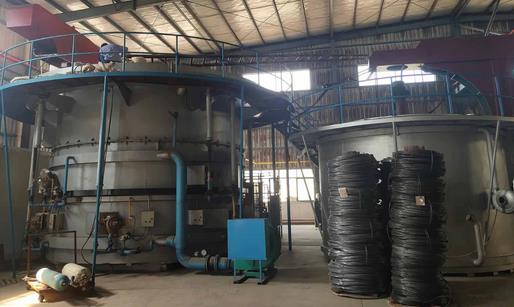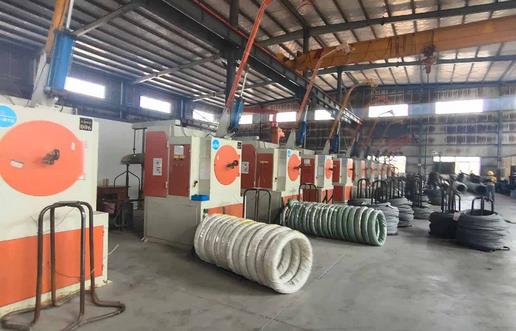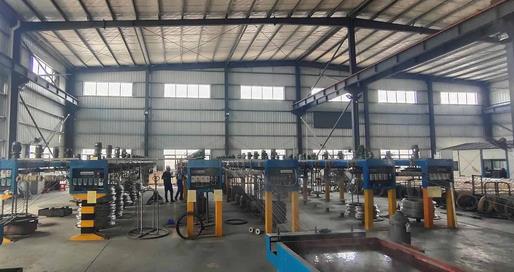- Home
- Products
- Carbon steel wire
- Stainless steel wire
- The stainless steel rod
- Profiled stainless steel
- Titanium products
- Engineering construction products
- Articles for daily use
Advanced production equipment, mature and exquisite production technology have obtained more than 70 qualification certificates

- Process field
Advanced production equipment, mature and exquisite production technology have obtained more than 70 qualification certificates

- About
- About us
- Culture
- History
- Future planning
- Certification
- Patent certificate
- Visit Guangdong steel
- Enterprise promotional film
Advanced production equipment, mature and exquisite production technology have obtained more than 70 qualification certificates

- News
Advanced production equipment, mature and exquisite production technology have obtained more than 70 qualification certificates

- Contact
Advanced production equipment, mature and exquisite production technology have obtained more than 70 qualification certificates

一級標(biāo)題
一級標(biāo)題


